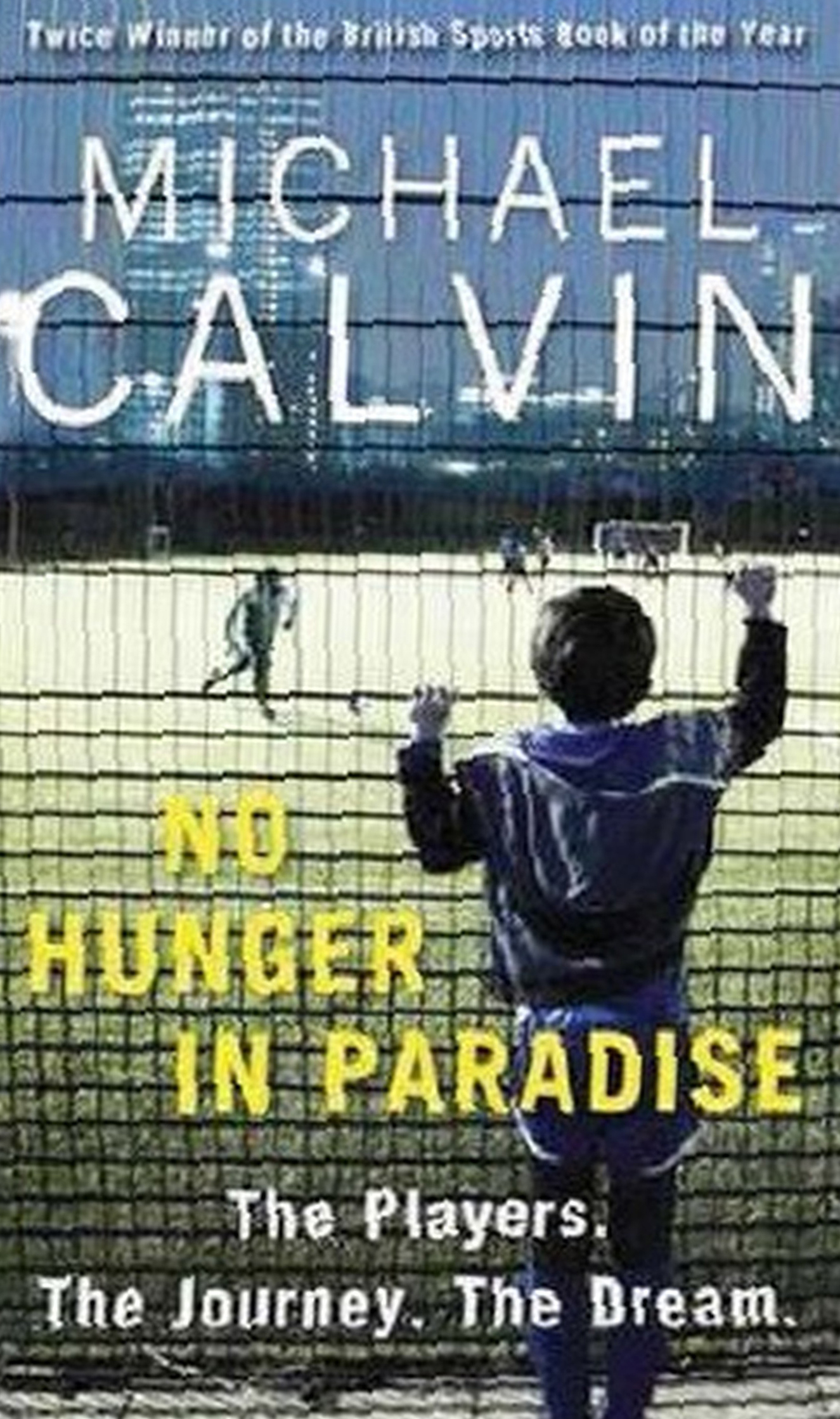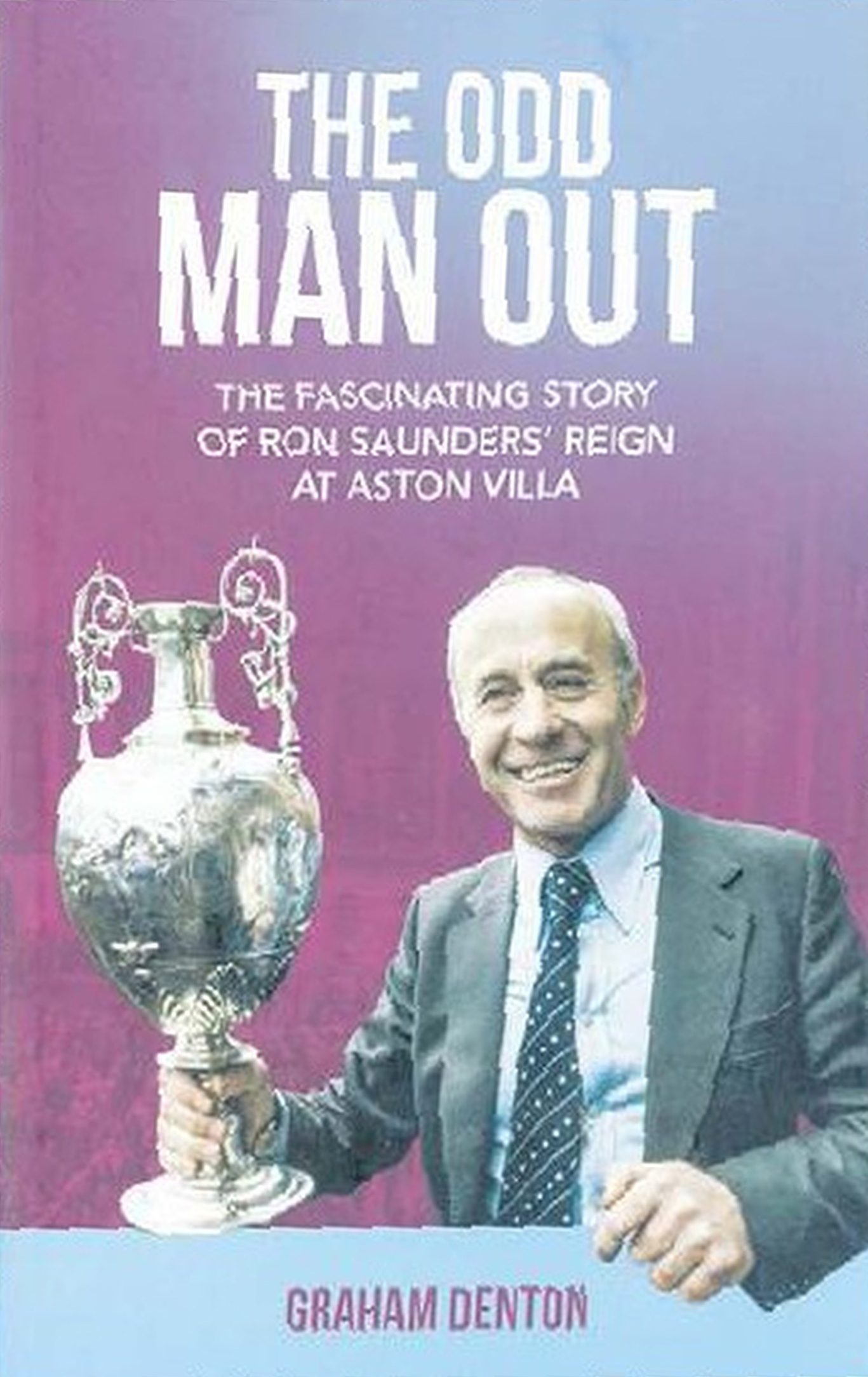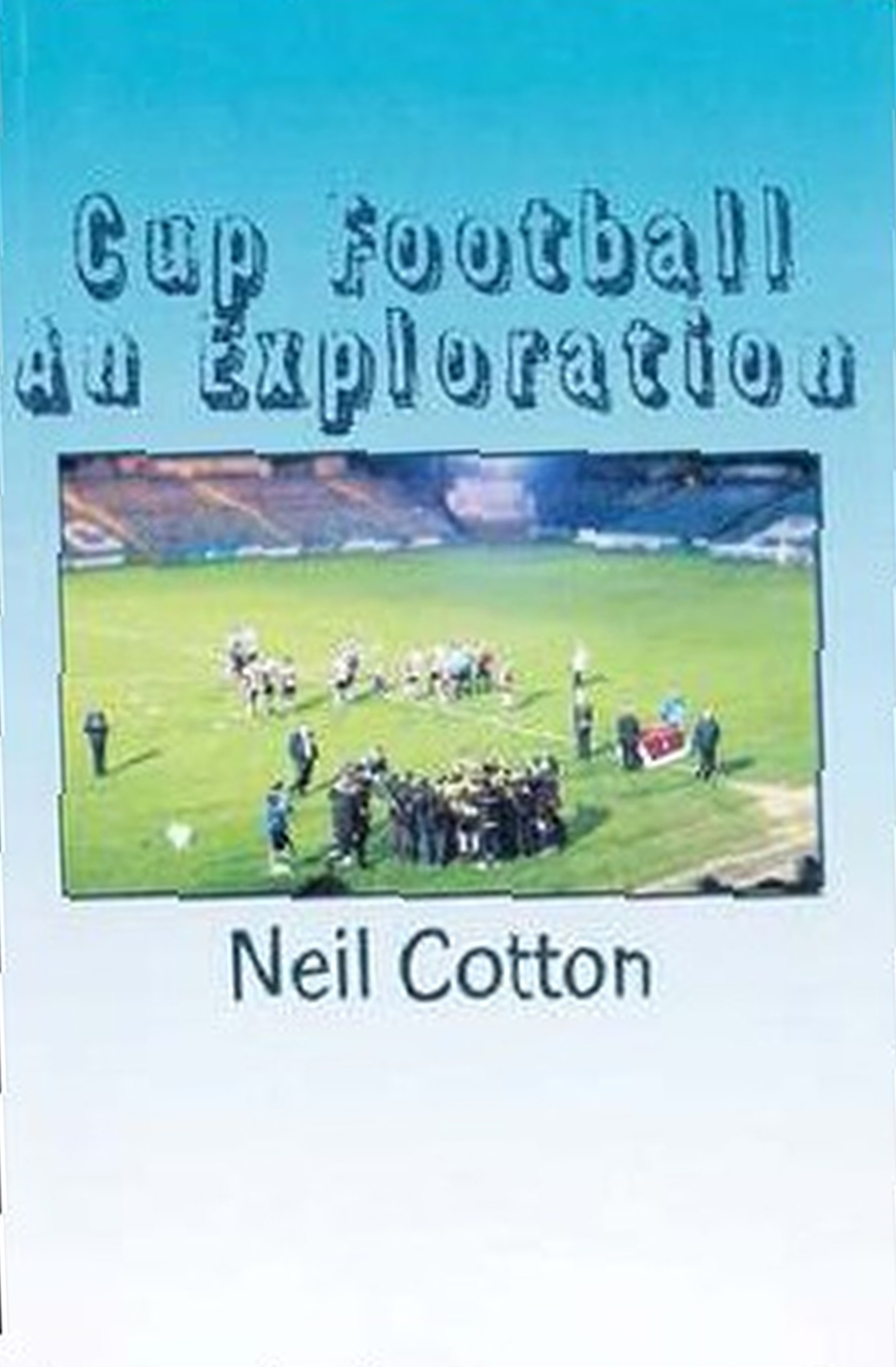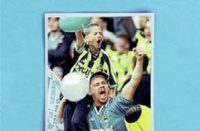NO HUNGER IN PARADISE –THE PLAYERS. THE JOURNEY. THE DREAM, BY MICHAEL CALVIN, PUBLISHED BY CENTURY, PRICE £16.99,
RATING OUT OF 10: 9
MICHAEL Calvin’s final book in his trilogy that includes ‘The Nowhere Men’ (scouting) and ‘Living on the Volcano’ (management) is a telling critique of youth development in English football.
He journeys through the landscape of youth football interviewing players, parents and coaches from deprived inner city areas, Non-League grounds, mega-rich Premier League academies and the English national headquarters.
He identifies many of the problems afflicting youth development: excessive money at the top of the game, unscrupulous, greedy agents, children treated as commodities, loss of childhood, dinosaur coaches, bullying and the failure of FIFA and the FA to police the industry.
There are some shocking revelations about young players and the money in the system.

‘A 9-year-old at a Premier League club is being paid £24,000 a year through his parents.’
‘A member of the England U15 squad is understood to have been offered a two-year professional contract worth £45,000 a week.’
Academy football is tainted by a black economy that gives incentives to parents that include houses, cars and cash.
Former QPR boss Chris Ramsey believes that agents have spoiled the game by giving poor parents false hope and Charlton manager Karl Robinson says some parents are sacrificing their kids in pursuit of personal wealth.
Those who go in search of the dream should be aware of the high level of failure.
‘Less than one half of one per cent of boys who enter an academy structure at the age of 9 will make a first team appearance.’
‘A recent study revealed only eight out of 400 players given a professional Premier League contract remained at the highest level by the time of their 22nd birthday. Since only 180 of 1.5m boys who play youth football in England at any one time become Premier League pros, the success rate is 0.012 per cent.’
There are, however, positive stories about enlightened coaches, tutors and parents and some boys have done very well to overcome hardship and make a good career in the game.
Calvin identifies some well-run academies and the current England manager Gareth Southgate emerges as a sensible voice against the excesses of a high-pressure, money-orientated system.
Sadly, bullying remains ingrained in the game. Simon Edwards, a psychologist who works with MK Dons, comments, ‘Bullying is everywhere in modern life. There are some fantastic people in football, but if coaches were in a legal firm in the city or in a regional supermarket, they wouldn’t be able to say those things to their employees or each other.
‘Everyone in football has the caveat, ”Well, it has always been like that”. It’s the dinosaur effect: “I was treated like that, so I am going to treat you like that”.’
Arsene Wenger believes the whole academy system has to be questioned. ‘They organised a system where the best players finish at the biggest clubs. But they do not always have the best chance to play at the biggest clubs.’
Calvin’s extensive evidence confirms that the current youth system is bloated, intoxicated by its wealth and haphazard.
Ultimately, he does offer some positive thoughts about some of the up-and-coming young players but the overwhelming feeling is that the system needs a major sea change.
No Hunger in Paradise is highly recommended and it should be compulsory reading for all young players, parents and coaches.
-Ian Aspinall
THE ODD MAN OUT, BY GRAHAM DENTON, PUBLISHED BY PITCH PUBLISHING, PRICE £18.99,
RATING OUT OF 10: 8
ELSEWHERE in this edition, Chris Dunlavy has written an article about the demise of the allpowerful manager and the new trend for a manager/director of football partnership.
The Odd Man Out is the perfect tale of someone in the former category – Ron Saunders. Author and Aston Villa fan Graham Denton has pieced together a finely-crafted book about the manager who guided Villa to the First Division crown in 1980-81, their first title in 71 years.
Younger readers may well not have even heard of Ron Saunders as he wasn’t one for blowing his own trumpet. He was low profile and had an image of being a dour disciplinarian, though Denton suggests the Birkenhead-born boss did have a wry sense of humour.
The cover picture of Saunders holding the Division One trophy also shows him smiling and looking cheerful, counteracting the claim that he always looked stern.
Saunders was one of those managers who wanted to control a club from top to bottom. As Villa defender Ken McNaught said: “He decreed everything, from what brand the tea lady would brew to who played for the first team.”
That wasn’t easy at Villa, as Denton points out, because there were often boardroom shenanigans that complicated matters – andSaunders’ shock resignation during the season after Villa’s league triumph was over a conflict with the board (Villa went on to win the European Cup with Saunders’ assistant Tony Barton at the helm).
What isn’t in doubt is that Saunders was able to build teams. That Villa side that won the league was a perfect blend with everyone knowing their job.

There were those who suggested they were a machine and compared them unfavourably to Bobby Robson’s cosmopolitan Ipswich Town.
Yet likes of striker Gary Shaw, winger Tony Morley and midfielder Gordon Cowans certainly gave Villa an attacking threat, speed and artistry.
Saunders led the Midlands club from 1974 to 1982 – and not many managers survive that long at a club these days.
One of the most interesting things for me about this book was learning about Saunders’ early managerial career. I didn’t know, for example, that he led Norwich (1973), Manchester City (1974) and Aston Villa (1975) to three successive League Cup finals (losing the first two and winning the latter).
I’m not old enough to remember Saunders – a powerful centre-forward in his playing days – leading Norwich to the Second Division title in 1972 and Villa to promotion to the top-flight in his first season as manager (1974-75).
He also won the League Cup with Villa a second time in 1976-77, beating Everton 3-2 after extra-time in a third game at Old Trafford.
It’s clear that Saunders was a successful manager over a period of time. Yet the book makes clear that he wasn’t always popular with his players. Some felt he was too tough and unyielding, unwilling to give praise.
Yet others felt that when you got a pat on the back from him, you’d really earnt it.
After his time at Villa, Saunders struggled to make the same impact at Birmingham City and West Brom.
But it was his time at Villa that the 84-year-old will be best remembered for. He might not be as renowned as a Clough or a Ferguson, but he certainly made his mark.
Denton has clearly done his research, with comments from Saunders, his players and journalists from the time sprinkled in.
This book will be a must for Villa supporters and interesting reading for all football fans as it looks back on a bygone era.
-John Lyons
CUP FOOTBALL – AN EXPLORATION, BY NEIL COTTON, PRICE £4.50,
RATING OUT OF 10: 7
NEIL Cotton is an unashamed fan of cup football – and his enthusiasm for it in all its various guises is clear in Cup Football – An Exploration.
One of the reasons is that the first game he went to was a cup game, a 1994 Coca-Cola Cup tie between Southampton and Huddersfield at The Dell. Southampton won 4-0 and Saints legend Matt Le Tissier scored the lot! No wonder he was impressed.

As he continued to watch Saints, he reckoned the cup games gripped his imagination the most. Perhaps, as he admits, it was because Southampton had a chance to win something whereas the league was out of the question. His love of cup football spread after that and spawned his book, which covers an impressive breadth of competitions – from hospital cups to the FA Cup, from the Anglo-Italian Cup to the European Cup.
In 178 pages, Cotton gives us a decent historical look at cup competitions, from the first FA Cup in 1871-72 to present day, but also his thoughts on them.
Anyone who has followed football in recent times will have seen that competitions like the FA Cup and League Cup have come under pressure.
The Premier League and Champions League with their oodles of cash have become the priority.
If you are a low-ranking Premier League team, then the FA Cup doesn’t hold much importance. It’s all about staying in the elite and raking in the cash that brings.
Even some Championship teams fail to put out full-strength teams in the FA Cup, devaluing the competition in the process, because they’re chasing the Premier League rainbow.
As Cotton points out, it is making it harder for cup competitions to compete, to make themselves relevant in a crowded fixture list.
But he also insists that all is not lost – and suggests that cup football remains important.
He mentions hybrid competitions as a factor in that. For example, the Champions League is a mixture of league and cup football in a bid to maximise revenues. In addition, the play-offs are essentially cup games after a league season.
Although this book could have done with a greater level of proofreading to tidy it up grammatically, Cotton gets his point across – cup football still has a big part to play in the game, even though we’re in a changing world.


















